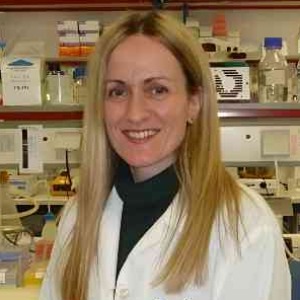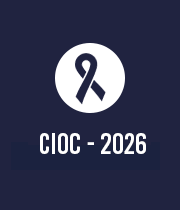Adenoid Cystic Carcinoma
Adenoid cystic carcinoma (ACC) is a rare and aggressive form of cancer that typically arises in the salivary glands, but can also occur in other areas such as the breast, trachea, or lungs. Despite its rarity, ACC poses significant challenges due to its slow growth and tendency to spread to distant organs, particularly the lungs. Research efforts in cancer biology and treatment strategies are intensifying to combat this disease. Scientists are investigating the genetic mutations and molecular pathways underlying ACC to identify potential targets for therapy. Immunotherapy, targeted therapies, and combination treatments are being explored in clinical trials to improve outcomes for patients with ACC. Moreover, advances in precision medicine hold promise for tailoring treatments to the individual characteristics of each patient's tumor, offering new hope in the fight against this challenging cancer.

Rajvir Dahiya
University of California San Francisco, United States
Atif A Ahmed
University of Washington-Seattle Children’s Hospital, United States
Anyou Wang
DIFIBER LLC, United States
Paulo Cesar De Morais
Catholic University of Brasilia, Brazil
Shilpa S Dhar
UT MD Anderson Cancer Center, United States
Eleni Petsalaki
University of Crete, Greece



Title : A novel blood-based mRNA genomics technology for cancer diagnosis and treatment
Rajvir Dahiya, University of California San Francisco, United States
Title : tRNA-derived fragment 3′tRF-AlaAGC modulates cell chemoresistance and M2 macrophage polarization via binding to TRADD in breast cancer
Feng Yan, The Affiliated Cancer Hospital of Nanjing Medical University, China
Title : Integrating single-cell and spatial transcriptomics to uncover and elucidate GP73-mediated pro-angiogenic regulatory networks in hepatocellular carcinoma
Jiazhou Ye, Guangxi Medical University Cancer Hospital, China
Title : Unveiling the synergism of radiofrequency therapy and graphene nanocomposite in tumor cell viability assay
Paulo Cesar De Morais, Catholic University of Brasilia, Brazil
Title : Analysis of the dynamic evolution and influencing factors of nutritional risk in breast cancer patients during treatment
Jingwen Yan, Sun Yat-sen University, China
Title : Integrative multi-omics reveals metabolic–stemness coupling and novel therapeutic targets in osteosarcoma chemoresistance
Jinyan Feng, Tianjin Medical University Cancer Institute and Hospital, China